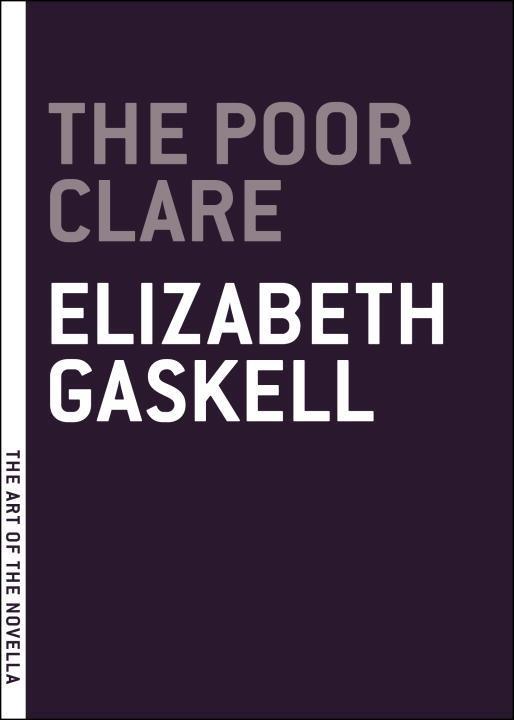ELIZABETH GASKELL (1810-1865) was born Elizabeth Stevenson in London, the daughter of a Unitarian minister who resigned his position on conscientious grounds. Her mother died a year after her birth, and Gaskell spent her formative years in the care of relatives in northern England. In 1832, she married William Gaskell, a well-known Unitarian minister, and joined him to work among the poor for social reform. They had four daughters, as well as a son who died in infancy. His death left Gaskell so distraught that she began writing for distraction. Her first major success was the novel Mary Barton (1848)-published, as were her first several works of short fiction, under the pseudonym Cotton Mather Mills. For many years, she also wrote regularly for Charles Dickens's magazine, Household Words, contributing stories and a serialized novel, Cranford. Meanwhile, the Gaskells' home in Manchester became a popular stop for writers and reformers, including Dickens, Harriet Beecher Stowe, John Ruskin, and Charlotte Brontë, who became a close friend. After Brontë's death, her father, Patrick Brontë, asked Gaskell to write her biography. The Life of Charlotte Brontë proved a pioneering and controversial psychological study of Brontë's family life, and remains perhaps the most important book on the writer. Gaskell died of a heart attack in 1865. A memorial to her lies at Poets' Corner in Westminster Abbey.












